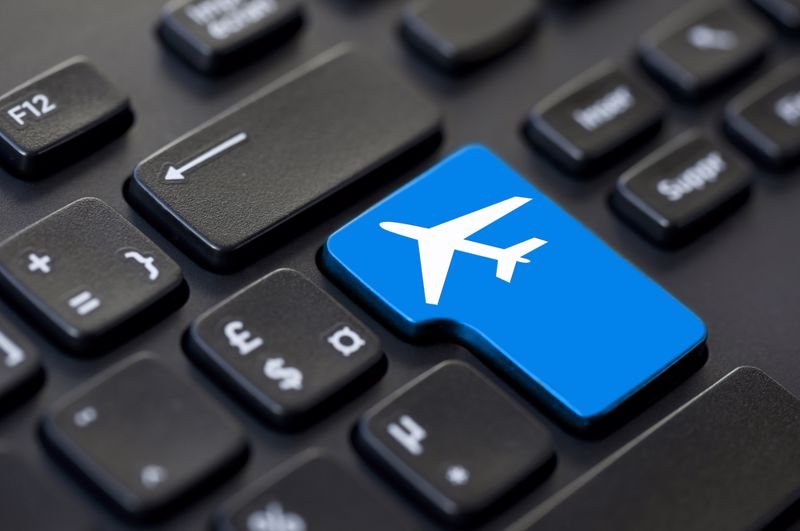In an attempt to make the return process more seamless, one of the nation's leading retailers is rolling out a pilot program in tandem with a well-known logistics provider.
In collaboration with UPS, Overstock.com plans to introduce a new return process for its customers who need to send back merchandise they purchased, according to one of the company's top executives who briefly spoke about what the program will entail during an earnings call. Overstock.com CEO Jonathan Johnson noted that instead of having customers repackage their unwanted item(s) — which they're currently required to do — UPS will go customers' physical address and pick up the merchandise as-is, sparing them from the hassles associated with packaging and visiting the post office to arrange for shipping.
Johnson said customer satisfaction is always the goal for Salt Lake City-based e-tailer and that includes products they don't want or would like replaced.
"We are launching a pilot program in which returns will now be possible through simpler home pickup options, right from the customer's doorstep that don't require reboxing of the product by our customers," Johnson said, as reported by Seeking Alpha. "Through this pilot, both of our organizations will have the opportunity to better understand customer preferences and enable us to serve up options that align with their day-to-day lives."

Returns cost retailers billions in 2021
Returns come with the territory for retailers — and they've had more of them of late. In 2021, for example, approximately $761 billion in merchandise was returned to the original sellers. That amounts to 16.6% of the $4.5 trillion in overall retail sales last year.
Johnson didn't specify during the earnings call exactly when the pilot program would begin — or which part of the country will have first access to it — but said the expectation is it will kick off at some point before 2022 concludes.
While e-commerce has in many ways made it more convenient to shop, online purchases are more likely to be returned than items purchased in brick-and-mortar environments. According to the National Retail Federation, online sales average a return rate of approximately 21%. In 2021, of the $1 trillion in merchandise retailers sold through the internet, more than one-fifth of it in terms of value — $218 billion — was returned.
Johnson said he's confident that the pilot program will serve both the company's ends as well as customers' by increasing convenience and making returns less complex than they currently can be. The company made headway in this regard during the third quarter by cutting down on the number of large items that were sent back to its warehouses, such as furniture. Johnson said large item home delivery times were down 18% by the end of September compared to the beginning of July.



Post A Comment:
0 comments so far,add yours